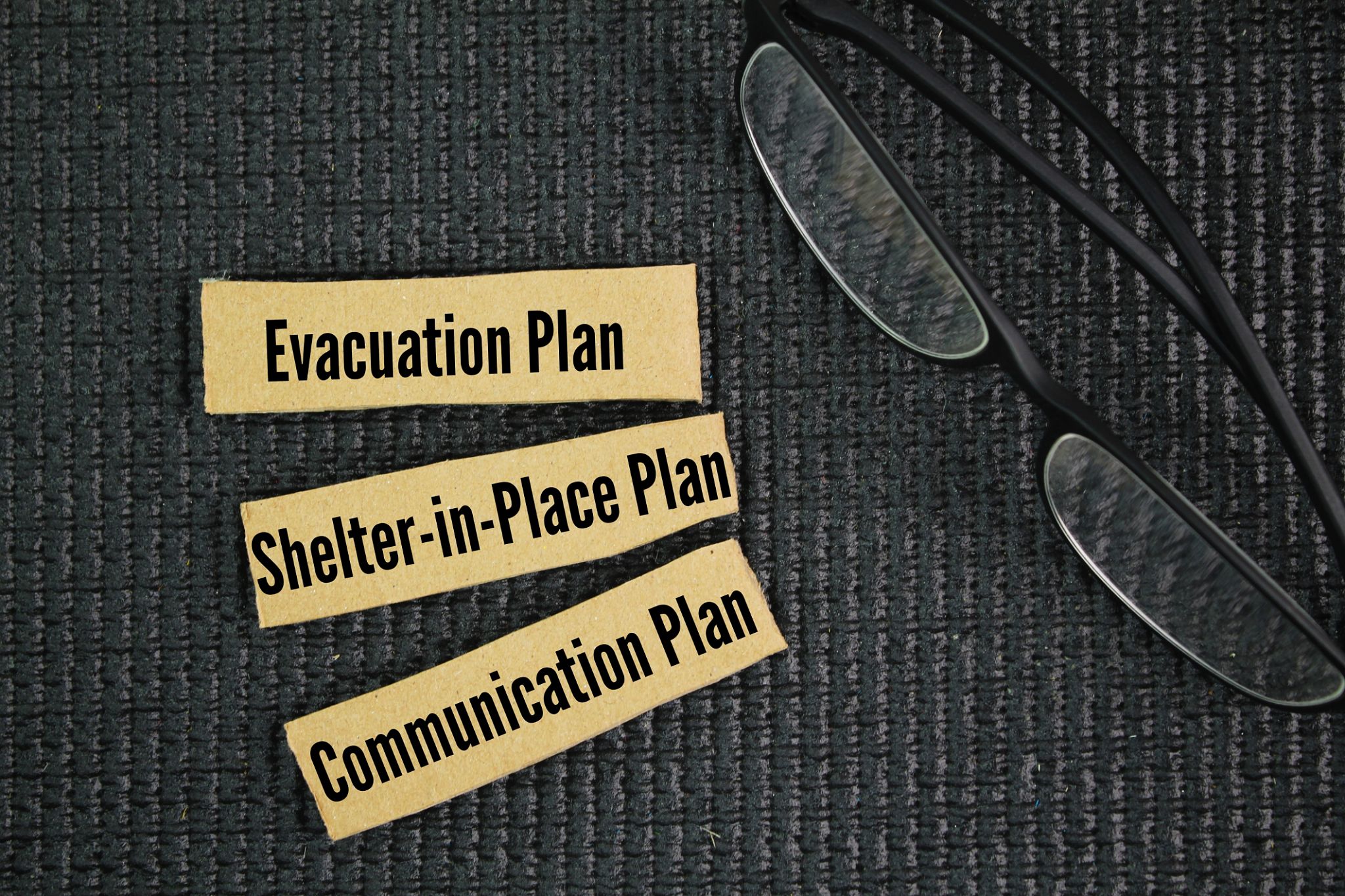Seasonal Preparation: Ensuring Your Business is Ready for Natural Disasters
Ki
Understanding the Importance of Disaster Preparedness
Natural disasters can strike at any time, often with little warning. For businesses, the impact can be devastating, leading to interruptions in operations, damage to property, and even financial loss. Being prepared is essential to mitigate these risks and ensure your business can continue to operate smoothly. Understanding the potential threats and having a solid plan in place is crucial for any organization.
Disaster preparedness involves more than just having insurance. It requires a comprehensive approach that includes risk assessment, emergency planning, and employee training. By investing time and resources into preparation, businesses can safeguard their assets and ensure a quicker recovery from unforeseen events.

Conducting a Risk Assessment
The first step in disaster preparedness is conducting a thorough risk assessment. This involves identifying potential natural disasters that could affect your business based on location and industry. Common threats include hurricanes, earthquakes, floods, and wildfires. Understanding these risks helps in tailoring a specific response plan for each scenario.
Once the risks are identified, evaluate the potential impact on your business operations. Consider factors such as data security, supply chain disruptions, and employee safety. By understanding the vulnerabilities, you can prioritize resources and develop targeted strategies to address each risk effectively.
Developing an Emergency Response Plan
An effective emergency response plan is crucial for minimizing the impact of natural disasters. This plan should outline clear procedures for evacuation, communication, and resource allocation. Designate roles and responsibilities to ensure everyone knows what to do in an emergency. Regular drills and updates to the plan can help keep it relevant and ensure employees are well-prepared.
Communication is vital during a disaster. Establish a reliable method of communication to keep employees, customers, and stakeholders informed. This could include setting up an emergency hotline or using digital platforms to disseminate information quickly.

Safeguarding Physical and Digital Assets
Protecting your business's physical and digital assets is essential in disaster preparedness. For physical assets, this might mean reinforcing structures, installing protective systems like shutters or fire sprinklers, and securing important documents in safe locations.
In today's digital age, safeguarding data is equally important. Regularly back up vital information and store it in secure, off-site locations or cloud-based services. Implement robust cybersecurity measures to protect against potential breaches that might occur in the chaos following a natural disaster.
Training Employees for Disaster Readiness
Your employees are your most valuable asset during a crisis. Ensuring they are well-trained in disaster preparedness can make a significant difference in how effectively your business responds to an emergency. Conduct regular training sessions and workshops to educate staff on the emergency response plan and safety protocols.
Encourage employees to develop personal emergency plans that align with the company's strategy. This ensures they are ready both at work and at home, fostering a culture of preparedness that can enhance overall resilience.

Reviewing and Updating Your Preparedness Plan
Disaster preparedness is an ongoing process. Regularly reviewing and updating your preparedness plan ensures it remains effective as your business grows and changes. Schedule routine evaluations to assess the effectiveness of your strategies, and make adjustments as necessary based on new risks or lessons learned from past experiences.
Engage employees in this process by seeking feedback on drills and training sessions. Their insights can provide valuable information on areas needing improvement and help foster a culture of continuous improvement in disaster readiness.
By taking these proactive steps, businesses can enhance their resilience against natural disasters, ensuring they are prepared to face whatever challenges come their way. Prioritizing disaster preparedness not only protects your assets but also demonstrates a commitment to the safety and well-being of your employees and customers.